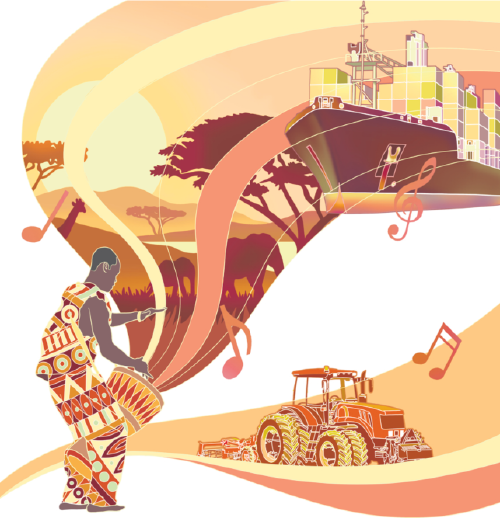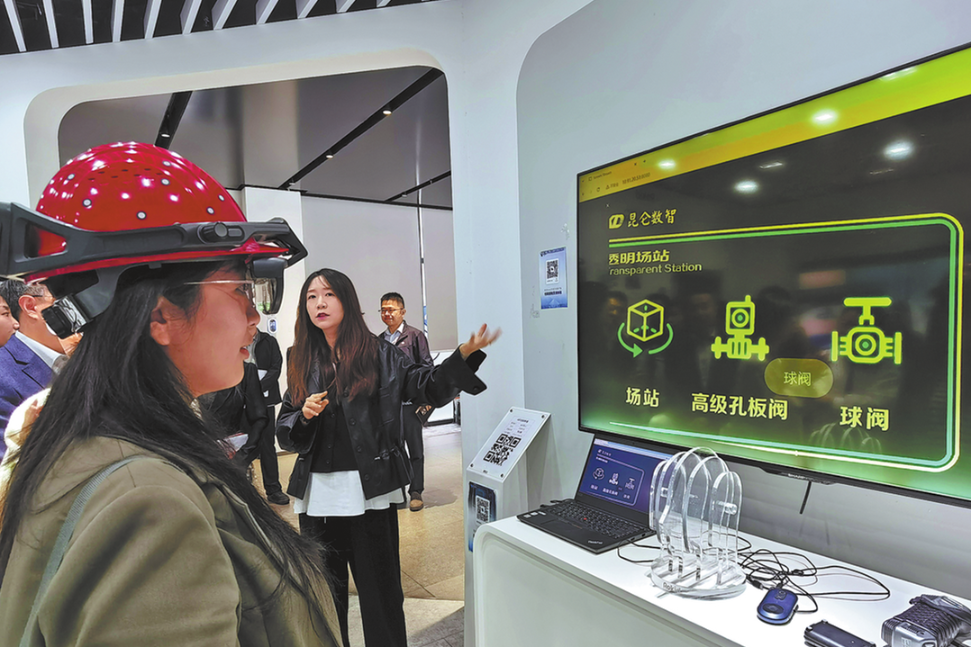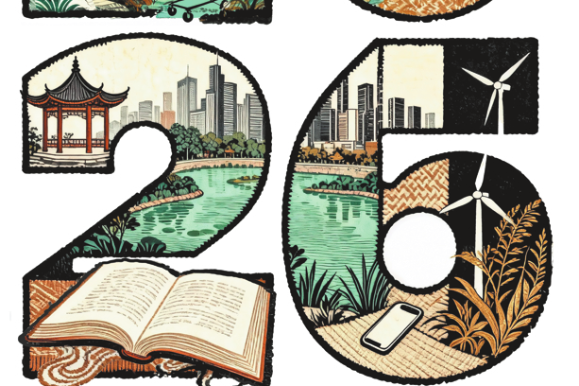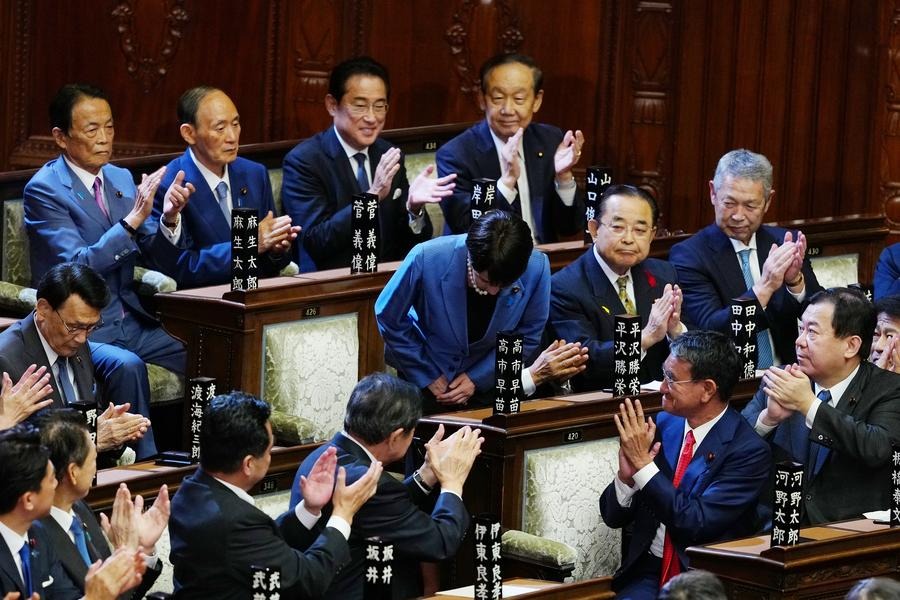Keep politics out of science


China-Africa STI Cooperation under FOCAC is a model for global scientific exchanges and collaboration
Based on the discovery of Chinese coins and porcelain in East African archaeological sites, China-Africa relations date back centuries, which explains the strong ties between China and Africa. China's contribution to Africa's development has been immense. China assisted African countries to gain independence by supporting liberation movements, especially in Southern Africa. From these political ties, China-Africa relations also grew in the areas of trade, investment and economics under the auspices of the Forum on China-Africa Cooperation, a triennial summit of African and Chinese leaders. As a result, bilateral trade between China and Africa rose from less than $11 billion in 2000 to $282.1 billion in 2023.
At the 2015 Forum on China-Africa Cooperation Summit, President Xi Jinping pledged $60 billion in aid to support agriculture, infrastructure and skills training in Africa. The Plan for China Supporting Africa's Agricultural Modernization was announced in August 2023. The ingredients of that plan include deepening synergy and policy consultations on agricultural development strategies between China and Africa; enhancing Africa's agricultural industrial chain and added value of products; increasing agricultural technology cooperation between China and Africa; and strengthening China-Africa cooperation on scientific and technological innovation in agriculture. But more importantly, China announced the China-Africa Agricultural Science and Technology Innovation Alliance Initiative in November 2023 to promote extensive collaboration among Chinese and African scientists and build a platform for China-Africa agricultural science, technology and industry synergistic development.
It will be beneficial if the FOCAC Summit in 2024 agrees to include scientific and technological innovation as its third pillar, in addition to trade and political affairs. Such an arrangement would permit intense discussions on the future of science, and scientific cooperation and collaboration between China and Africa, especially in this era of militant and hegemonic politicization of research and its products. Under these circumstances, Africa and China must re-group to define and pursue scientific and technological innovation of common and mutual interest under the banner of the FOCAC. A forum of Chinese and African scientists working together at each FOCAC summit would be a powerful approach to intensify scientific cooperation and collaboration between China and Africa.
The 2023 International Science and Technology Cooperation Initiative of the Chinese government recognizes science, technology and innovation as an important engine for the development of human society, and for addressing global challenges. There is no doubt that recent times have witnessed unfair practices in global scientific cooperation, including the exclusion of individual scientists from scientific meetings and conferences on the basis of their race and/or origin.
China's International Science and Technology Cooperation Initiative, which seeks to promote open, fair, equitable and non-discriminatory international science and technology cooperation, and develop science for the benefit of all regardless of borders, could not have come at a better time. But more importantly, China's commitment to set up a global scientific research fund and increase scientific and technological assistance to other developing countries is laudable and highly praise-worthy, and should be emulated by countries of the Global North.
Given the ongoing politicization of scientific research and cooperation often done in the name of national security, it is time that a code of conduct is drawn up by China for international science and technology cooperation. China is a global leader in science, also a leading producer of highly cited scientific journal articles and a major source of patents and other innovations. China now produces a large number of science, technology, engineering and mathematics graduates in the world. Furthermore, China presently has one of the world's largest and highly productive academic systems, and should therefore not be left out in the world of science. To ostracize China at some scientific meetings and conferences will be to the detriment of the global scientific community.
There is therefore an urgent need to keep politics out of science. Otherwise, the grand challenges facing the world today — such as climate change, food security, health, energy security — will be difficult to resolve in a world of splintered science. There have been recent instances where academic relations and collaboration between China and Western countries have been dealt a blow. In 2023, the Friedrich Alexander University of Erlangen-Nuremberg in Germany decided to suspend collaboration with the China Scholarship Council, a national body for funding Chinese students and researchers both locally and internationally. Some universities in the United States, Sweden, Denmark and the Netherlands also ended collaboration with the China Scholarship Council.
It is, however, not just China that is facing these challenges with scientific collaboration with the West. International students from the Global South are also facing difficulties getting visa to study in some countries of the Global North. For example, visa approval rate has dropped sharply for students from Pakistan, the Philippines and Nigeria wanting to study in Australia, and in 2023 many African students could not obtain visas to study in the US.Under these circumstances, China and Africa must work closely together using the FOCAC summits to define STI objectives of mutual interest to both parties.
The author is a fellow and former president of the African Academy of Sciences and a professor at Tshwane University of Technology, South Africa. The author contributed this article to China Watch, a think tank powered by China Daily.The views do not necessarily reflect those of China Daily.
Contact the editor at editor@chinawatch.cn.


































